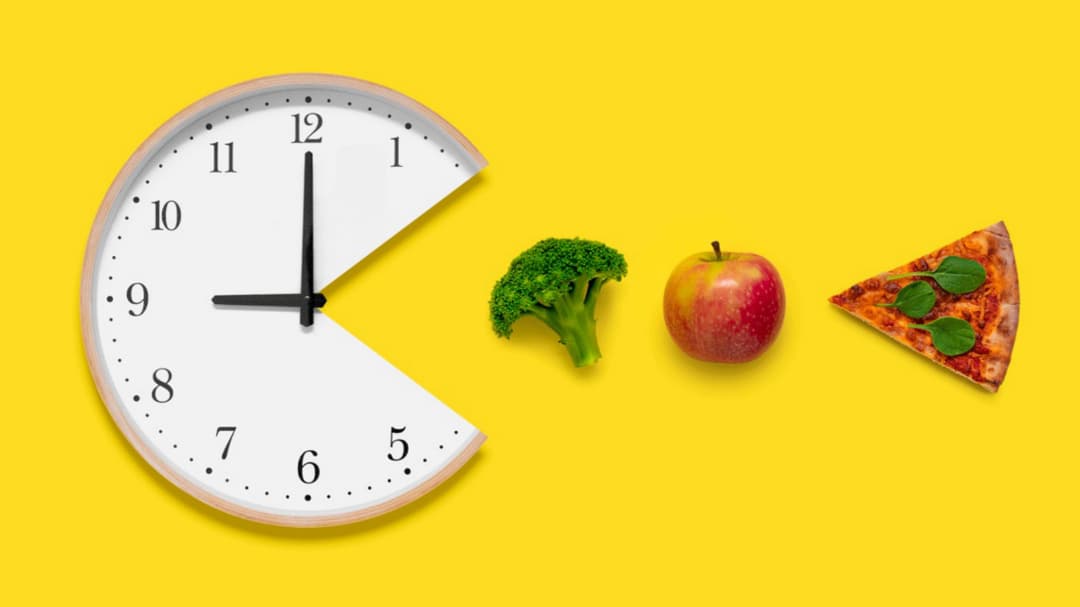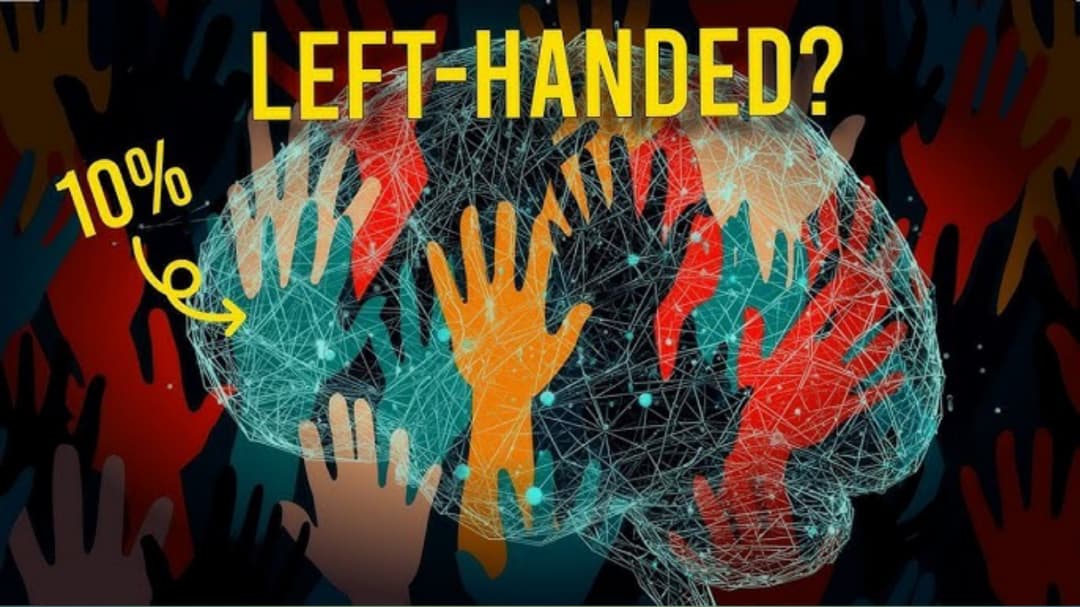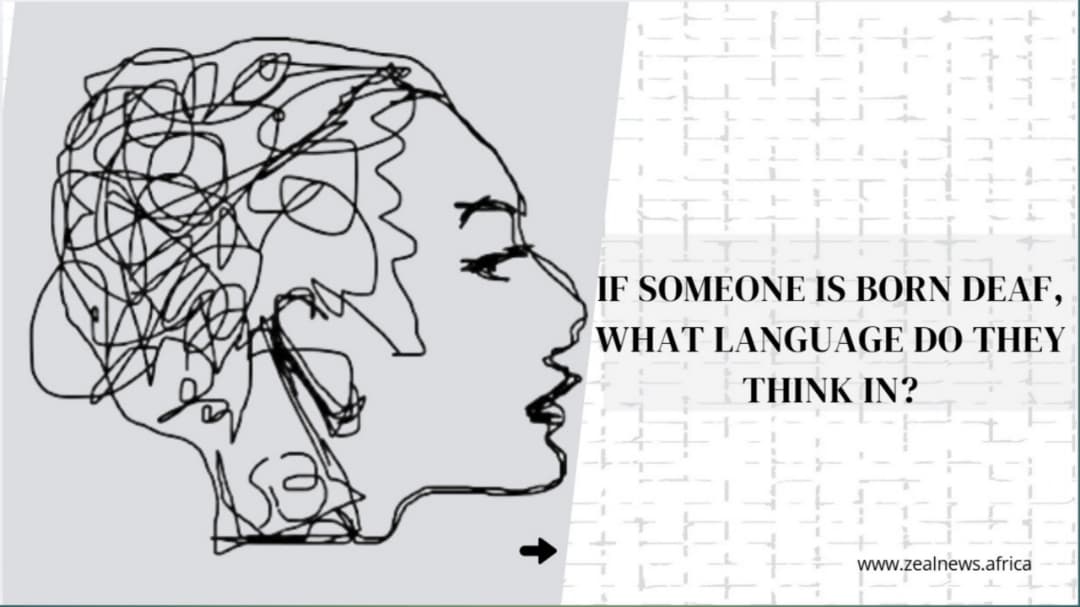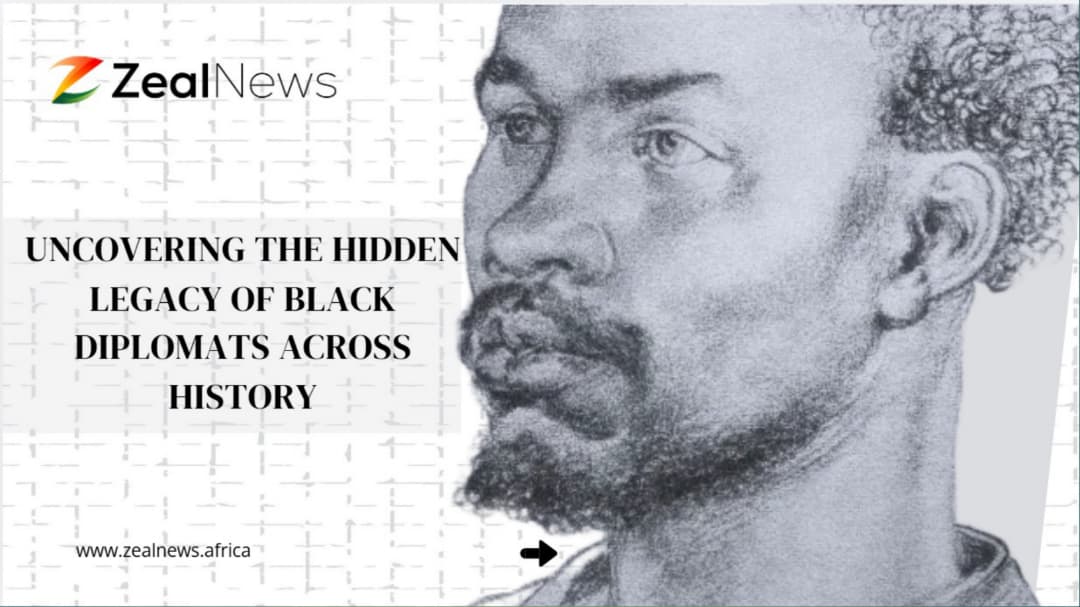When AI Speaks Swahili: The Rise of Indigenous Language Technology

In a small co-working space in Nairobi, a group of young engineers gather around their laptops, not to train another chatbot in English but to make Swahili sing in the language of code. Every phrase they feed into the machine, every tone, proverb, and inflection, is an act of digital reclamation. This is what it looks like when AI speaks African.
For decades, the digital world ignored Africa’s linguistic diversity. Algorithms understood Silicon Valley English, maybe French or Mandarin but not the languages of the continent that speaks more than 2,000 tongues. That began to change when innovators across Africa started asking a simple question: What if our machines could understand us too?
One of the pioneers leading this revolution is Masakhane, a community of African researchers building natural language processing (NLP) tools for African languages. Founded in 2019, Masakhane’s network now spans dozens of countries, training AI models to translate and process indigenous languages from Swahili to Hausa, Igbo to Amharic. Their goal is simple but powerful: to make technology truly multilingual and inclusive.
Language is more than communication; it’s identity. For years, Africans have navigated the internet through borrowed languages often English or French that don’t capture the depth of local emotion, humor, or worldview. The rise of indigenous language AI represents more than just technical innovation; it’s a cultural correction. As Dr. Kathleen Siminyu, a Kenyan researcher with Mozilla, explains, “If our languages are not in technology, we are excluded from the future.” Mozilla’s Common Voice project has recorded thousands of Swahili voice samples to help machines learn African accents and dialects, ensuring the digital space doesn’t erase cultural nuance.
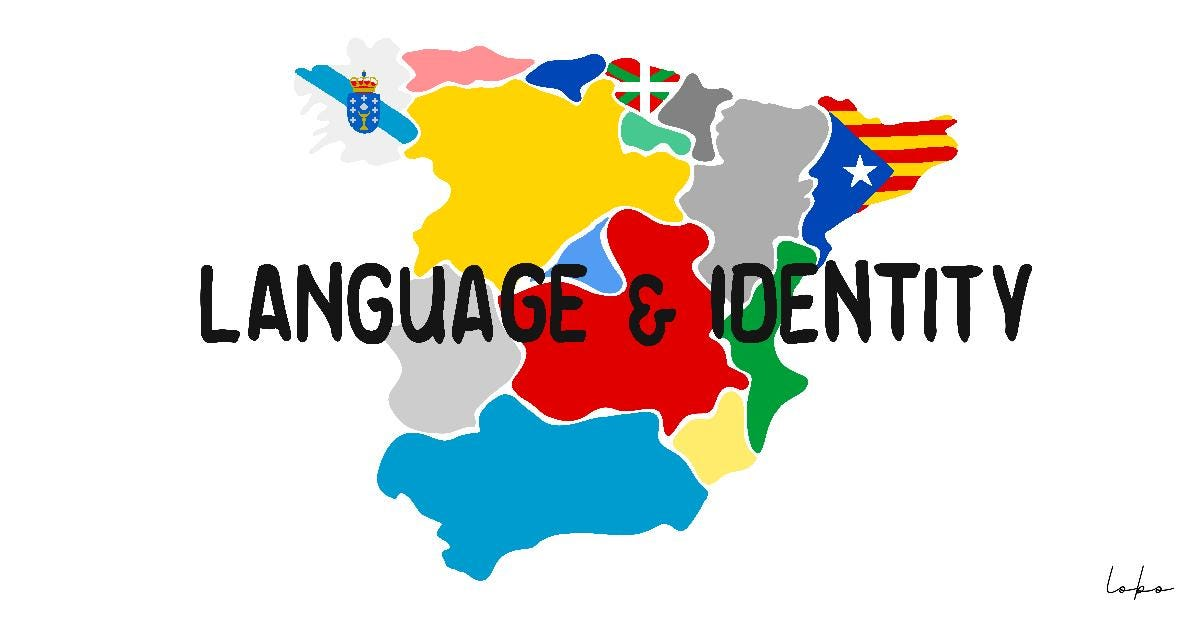
What makes this movement groundbreaking is its collaborative nature. Unlike the closed data models used by tech giants, African AI researchers are sharing open-source datasets, audio files, and code democratizing access to linguistic technology. Projects like AfriBERTa, a multilingual AI model developed by Masakhane, are trained entirely on African language data. For the first time, Africans are not passive consumers of machine learning tools; they are architects of a digital ecosystem built in their own image.
The economic implications are enormous. As governments and businesses digitize services, local-language AI can break barriers for millions of people. Imagine a farmer in Kisumu using a voice assistant in Swahili to check crop prices, or a nurse in Ibadan using a Yoruba-language chatbot for health queries. According to the World Bank’s Digital Economy Report, digital inclusion could add over $180 billion to Africa’s GDP by 2025 and language accessibility is key to that growth.
But there’s another layer, cultural preservation. Languages are dying faster than ever, with some disappearing every two weeks. When an African language fades, so do centuries of oral history, proverbs, and philosophy. By embedding these tongues into algorithms, coders are archiving culture in real time. A chatbot that understands Wolof or Luganda is not just a tool, it’s a living memory bank. As one Masakhane researcher puts it, “We’re not just teaching machines to talk; we’re teaching them to remember.”
Swahili, one of Africa’s most spoken languages, has become the testing ground for this revolution. In 2023, Kenya’s government launched Bingwa, an AI-powered Swahili digital assistant designed to provide civic education. Developed in partnership with local developers, Bingwa could respond in natural Swahili, making information more accessible to non-English speakers. Its success signaled a turning point that African tech can be homegrown, culturally intelligent, and inclusive.
Meanwhile, in South Africa, researchers are training models to process isiZulu and Sesotho, while in Nigeria, teams at Data Science Nigeria are building Yoruba and Hausa datasets for education and fintech. The ripple effect is continental. These initiatives prove that AI’s global story doesn’t have to be written in one language.
However, the road to digital fluency is not without obstacles. Most African languages are low-resource, meaning there’s little text or recorded data available online for training algorithms. Western models like ChatGPT or Google Translate rely on massive datasets that African languages simply lack. Without investment, the AI gap could widen, with the continent’s voices still underrepresented in the global machine-learning narrative.
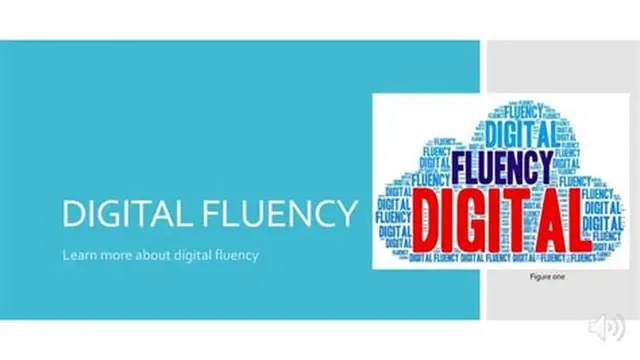
That’s where partnerships and policies come in. Organizations like UNESCO are pushing for linguistic inclusion in tech policy, urging African governments to treat language data as national assets. Rwanda, for example, has begun digitizing Kinyarwanda texts for use in public chatbots and translation apps. These efforts align with a broader understanding that language is infrastructure, not just culture. The future of smart cities, e-governance, and digital health depends on people being able to engage in their own mother tongue.
There’s also a philosophical question emerging from Africa’s linguistic AI boom: Can machines capture the soul of a language? Swahili, like many African tongues, carries layers of metaphor and emotion that don’t translate easily into binary logic. A Swahili proverb such as “Haraka haraka haina baraka” (hurry hurry has no blessing) carries moral texture beyond literal meaning. When AI learns to process that not just the words, but the worldview, it becomes more than technology; it becomes a bridge between tradition and modernity.
This intersection of culture and computation has birthed a new class of innovators, digital linguists, young Africans merging tech with storytelling. Startups like Lelapa AI in South Africa are creating translation systems for isiXhosa and Afrikaans. Others, like Vukosi Marivate’s lab at the University of Pretoria, are researching ethical AI that respects cultural nuance. These pioneers see language as Africa’s greatest resource, not oil, not minerals, but words.
Yet, for indigenous language AI to thrive, Africa needs data sovereignty. Big Tech companies still control much of the global data pipeline, often scraping public content without local consent. African developers are calling for frameworks to protect language data the same way countries protect oil reserves or minerals. In that sense, language has become the new digital gold and whoever controls it, controls the narrative of the future.
The social impact is equally profound. When children hear a virtual assistant reply in Swahili, Yoruba, or Zulu, they learn that their voices matter. When an app reads health information aloud in a mother’s dialect, access becomes empowerment. The emotional resonance of hearing one’s native language in technology goes beyond novelty, it’s recognition. It’s belonging in the digital age.
Some even believe this linguistic revolution could help reshape Africa’s place in global AI ethics. By embedding communal values like Ubuntu, “I am because we are” into machine-learning systems, African technologists could redefine what it means for AI to be humane. An algorithm that understands collective wellbeing, rather than individual optimization, could be Africa’s greatest export to the world.
The movement is young, but it’s growing fast. Across universities, coding bootcamps, and open-source collectives, African youth are not waiting for permission. They are coding their languages into existence, ensuring that tomorrow’s AI doesn’t just understand Africa, but speaks Africa.
In the end, when AI speaks Swahili, it’s not just a milestone in technology, it’s a metaphor for digital liberation. It signals a future where Africans no longer have to translate their identities to be seen or heard online. The world’s next great tech revolution may not come from Silicon Valley’s English-speaking corridors, but from a Nairobi café where a computer finally says, in perfect Swahili, “Habari yako?”How are you?
You may also like...
When Sacred Calendars Align: What a Rare Religious Overlap Can Teach Us

As Lent, Ramadan, and the Lunar calendar converge in February 2026, this short piece explores religious tolerance, commu...
Arsenal Under Fire: Arteta Defiantly Rejects 'Bottlers' Label Amid Title Race Nerves!

Mikel Arteta vehemently denies accusations of Arsenal being "bottlers" following a stumble against Wolves, which handed ...
Sensational Transfer Buzz: Casemiro Linked with Messi or Ronaldo Reunion Post-Man Utd Exit!

The latest transfer window sees major shifts as Manchester United's Casemiro draws interest from Inter Miami and Al Nass...
WBD Deal Heats Up: Netflix Co-CEO Fights for Takeover Amid DOJ Approval Claims!

Netflix co-CEO Ted Sarandos is vigorously advocating for the company's $83 billion acquisition of Warner Bros. Discovery...
KPop Demon Hunters' Stars and Songwriters Celebrate Lunar New Year Success!

Brooks Brothers and Gold House celebrated Lunar New Year with a celebrity-filled dinner in Beverly Hills, featuring rema...
Life-Saving Breakthrough: New US-Backed HIV Injection to Reach Thousands in Zimbabwe

The United States is backing a new twice-yearly HIV prevention injection, lenacapavir (LEN), for 271,000 people in Zimba...
OpenAI's Moral Crossroads: Nearly Tipped Off Police About School Shooter Threat Months Ago
ChatGPT-maker OpenAI disclosed it had identified Jesse Van Rootselaar's account for violent activities last year, prior ...
MTN Nigeria's Market Soars: Stock Hits Record High Post $6.2B Deal

MTN Nigeria's shares surged to a record high following MTN Group's $6.2 billion acquisition of IHS Towers. This strategi...

